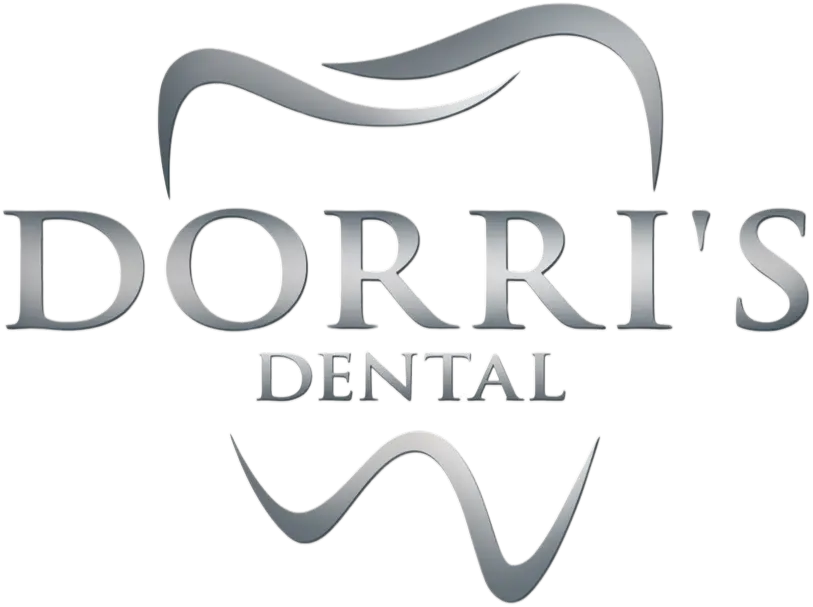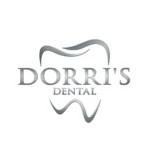Okay, let’s face it: dealing with insurance is nobody’s favorite pastime. And when it comes to dental procedures like implants and bridges, understanding your coverage can feel like navigating a maze. Are dental implants covered? What about bridges? Does it vary from plan to plan? We at Dorri’s Dental in Boynton Beach, FL (33436) get it, and we’re here to help you figure it out. Let’s break down the ins and outs of insurance coverage for dental implants and bridges so you know what to expect.
Dental Implants and Bridges: Insurance Coverage Explained
So, the big question is, does insurance even cover these procedures? The answer, unfortunately, is it depends. But don’t worry, we’ll walk you through the factors that influence coverage.
Factors Influencing Insurance Coverage
Here’s a breakdown of what impacts whether your insurance will help pay for dental implants or bridges:
- Type of Plan:
The type of dental insurance you have plays a big role. There are generally three main types:
- Dental Health Maintenance Organizations (DHMOs): Often have lower premiums but may require you to choose a dentist from their network. They might not cover implants or have very limited coverage.
- Dental Preferred Provider Organizations (DPPOs): Offer more flexibility in choosing a dentist but may have higher premiums. They’re more likely to offer some coverage for implants and bridges, but it often comes with limitations.
- Dental Indemnity Plans: These plans are the most flexible, allowing you to see any dentist. They might offer the best coverage for implants and bridges, but they typically have the highest premiums.
- Specific Policy Details:
Even within the same type of plan, coverage can vary greatly. Here’s what to look for:
- Annual Maximums: Most dental insurance plans have a maximum amount they’ll pay out each year. Implants and bridges can be expensive, so you might only get partial coverage due to this limit.
- Waiting Periods: Some plans have waiting periods before certain procedures, like implants, are covered. This could be several months to a year.
- Exclusions: Many policies have specific exclusions, like cosmetic procedures. If your insurance company considers the implant or bridge purely cosmetic, they might not cover it.
- Medical Necessity: Insurance companies are more likely to cover procedures deemed medically necessary. This means the implant or bridge is needed to restore function, not just for aesthetic reasons.
- Missing Tooth Clause:
Some insurance policies have a “missing tooth clause,” meaning they won’t cover the replacement of teeth that were missing before you enrolled in the plan.
Dental Implants: Coverage Considerations
Dental implants are often considered a more advanced and longer-lasting solution for missing teeth, but that often comes with a higher price tag. This can affect how insurance companies view them.
- Is it considered cosmetic? Insurance companies are more likely to cover implants if they’re deemed medically necessary to restore function (like chewing or speaking properly) rather than just improving appearance.
- Pre-authorization: Many insurance companies require pre-authorization before they’ll approve coverage for a dental implant. This involves submitting documentation from your dentist explaining why the implant is necessary.
- Alternatives: Insurance might only cover the implant if other, less expensive options (like a bridge or partial denture) aren’t suitable for you.
Dental Bridges: Coverage Considerations
Dental bridges, which fill the gap created by one or more missing teeth, generally have better insurance coverage than implants.
- More Common Coverage: Because bridges are a more traditional and often less expensive option, they are typically more readily covered by dental insurance plans.
- Type of Bridge: The type of bridge (traditional, cantilever, Maryland bridge) might also influence coverage.
- Pre-authorization Still Possible: While less common than with implants, pre-authorization might still be required.
You can learn more about bridges and crowns at Dorri’s Dental here.
Maximizing Your Insurance Benefits
Even if your insurance doesn’t cover the entire cost of your dental implant or bridge, there are ways to maximize your benefits:
- Understand Your Policy: Carefully read your policy documents and understand your coverage limits, waiting periods, and exclusions. Don’t hesitate to call your insurance company and ask questions.
- Pre-Treatment Estimates: Ask us at Dorri’s Dental to submit a pre-treatment estimate to your insurance company. This will give you a better idea of how much they’ll cover before you commit to the procedure.
- Staged Treatment: If possible, break the treatment into stages to spread out the costs over multiple years, potentially maximizing your annual benefits.
- Secondary Insurance: If you have more than one dental insurance policy, coordinate the benefits to see if you can get additional coverage.
- Flexible Spending Accounts (FSAs) and Health Savings Accounts (HSAs): Use pre-tax dollars from your FSA or HSA to pay for out-of-pocket dental expenses.
- Financing Options: Explore financing options, such as dental loans or payment plans offered by our office. Check out our page on insurance and financing.
What if Insurance Doesn’t Cover It?
It can be frustrating if your insurance doesn’t cover the procedure you need. Here are some alternative options:
- Payment Plans: Many dental offices, including Dorri’s Dental, offer payment plans to make treatment more affordable.
- Dental Loans: Consider taking out a dental loan from a bank or credit union.
- Dental Schools: Dental schools often offer lower-cost treatment options performed by students under the supervision of experienced dentists.
- Community Dental Clinics: Look for community dental clinics in your area that offer reduced-cost dental care.
- Discounts and Promotions: Be sure to check out our offers and promotions page!
FAQs About Dental Implant and Bridge Insurance Coverage
Let’s tackle some common questions:
- Will my insurance cover a dental implant if it’s for a front tooth?
- Coverage doesn’t typically depend on the tooth’s location (front or back). It depends more on your plan’s specifics and whether the implant is deemed medically necessary.
- What if my insurance denies my claim?
- You have the right to appeal the insurance company’s decision. Work with our office to gather supporting documentation and submit a written appeal.
- Does Dorri’s Dental accept my insurance?
- We work with a wide range of insurance providers. Contact our office, and we’ll be happy to verify your coverage and answer any questions you have. You can reach us via our contact form.
- Can I switch insurance plans to get better coverage?
- Yes, you can switch plans during open enrollment periods. However, be aware of any waiting periods or exclusions that might apply under the new plan.
- What is the average cost of a dental implant?
- The average cost of a dental implant varies widely depending on several factors, including the location of the implant, the need for additional procedures like bone grafting, and the type of implant used. Generally, a single dental implant can range from $3,000 to $5,000, including the abutment and crown. It’s important to consult with our team at Dorri’s Dental for a personalized estimate.
- What is the average cost of a dental bridge?
- The average cost of a dental bridge also varies depending on the type of bridge (traditional, cantilever, Maryland) and the materials used (porcelain, ceramic, metal). A traditional dental bridge, which typically consists of a pontic (artificial tooth) and two crowns for the adjacent teeth, can range from $1,500 to $5,000. Again, a consultation with our dental professionals will provide a more accurate estimate tailored to your specific needs.
- Are there any cheaper alternatives to dental implants and bridges?
- Yes, there are cheaper alternatives to dental implants and bridges. Removable partial dentures are a more affordable option, typically ranging from $600 to $2,000 per arch. However, they are less stable and require more maintenance than implants or bridges. Another option is resin-bonded bridges (Maryland bridges), which are less invasive and cost between $1,500 and $2,500. These bridges are best suited for replacing front teeth and may not be as durable as traditional bridges.
We hope this clears up some of the confusion surrounding insurance coverage for dental implants and bridges. Remember, our team at Dorri’s Dental is here to help you navigate the process and find the best solution for your oral health needs. Don’t hesitate to reach out to us with any questions. Now you’re better equipped to understand what you may need in regards to **dental implants and bridges**.
Book Your Next Appointment Below
Located on 12658 S Military Trl Suite 104, Boynton Beach, FL 33436, our detailed assessment ensures that all your dental needs are addressed.
Not Sure What You Need?





